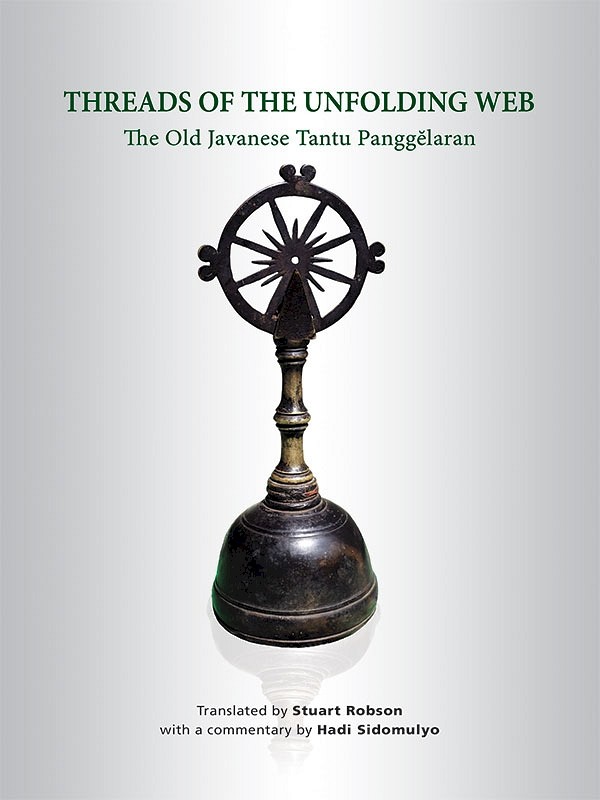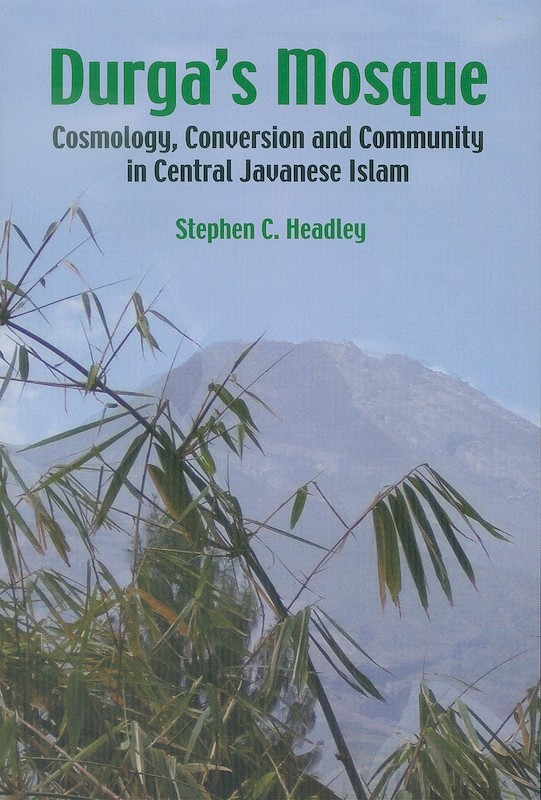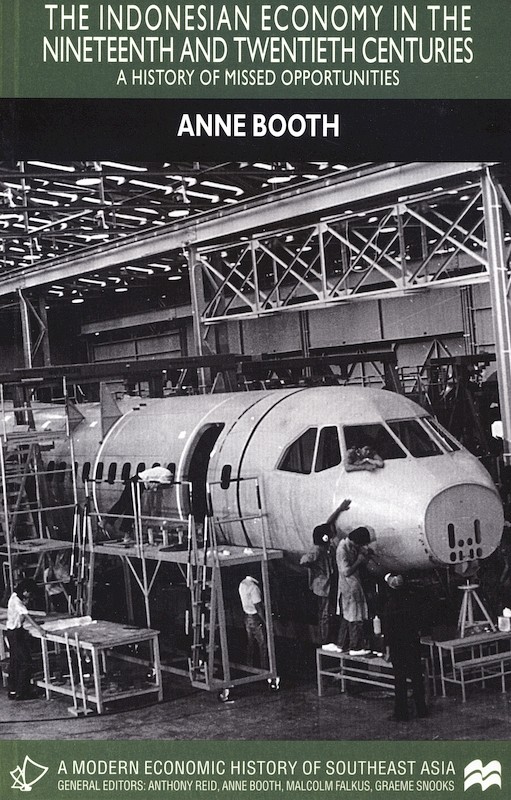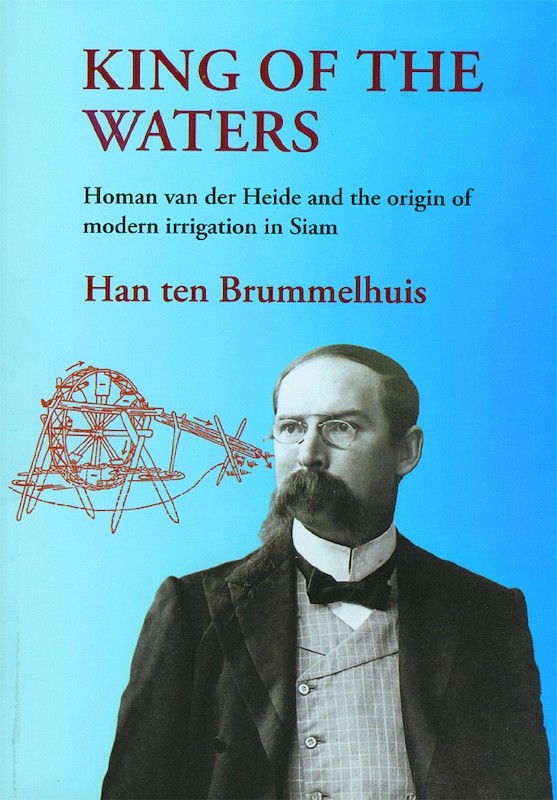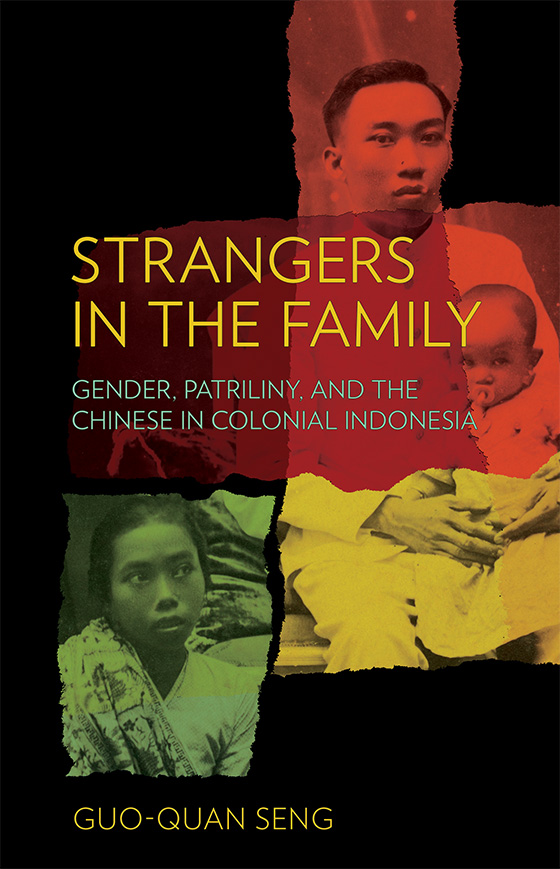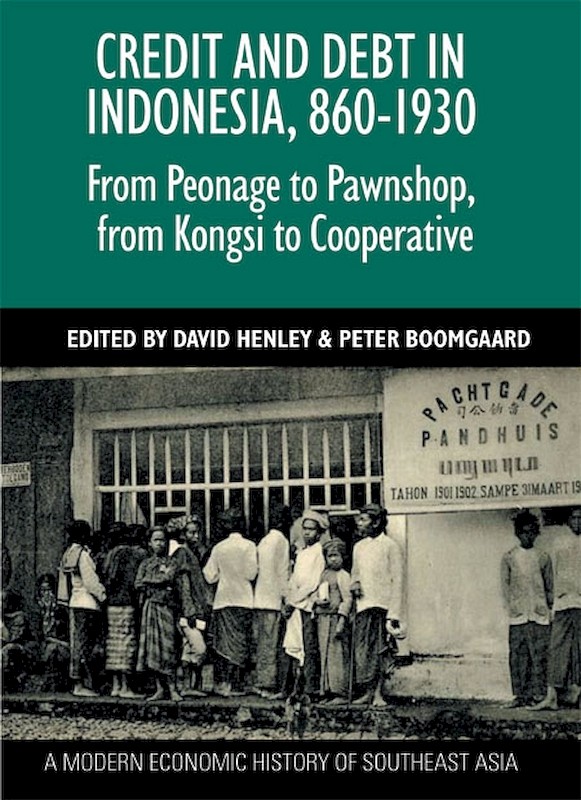Towards A Feudal Mode of Production: West Java, 1680-1800
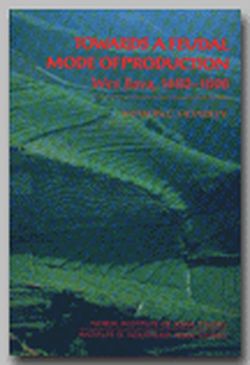
Mason C Hoadley, author
Date of publication:
2000
Publisher:
ISEAS / NIAS
Number of pages:
243
Code:
SISEA13
About the publication
Towards a Feudal Mode of Production shows how the Dutch East India Company's quest for saleable tropical goods transformed Javanese society. The mechanism was potentates' attraction to financial gains, nor force. Administrative dependence on local Javanese officials proved greater than Company need for effective suppliers of merchandise, ultimately resulting in limitations on Chinese-origin entrepreneurs. The impact of the Dutch-Janavese joint venture of the eithteenth centruy anticipated developments more commonly ascribed to the cultivation system of the nineteenth century. These included incorporating local potentates within Dutch officialdom, creating village units of production, replacing swidden cultivation by a combination of wet (sawah) and dry (coffee) terraces resulting in demographic shifts to work them, and transforming the taxation basis from control over manpower resources to one based on wnership rights in productive land thereby making possible tax/corvee obligations. The Dutch Cimpany did not work within a pre-existing Javanese "feudal" system; it created one.
Co-publication: ISEAS / NIAS
Institute of Southeast Asian Studies/Nordic Institute of Asian Studies

